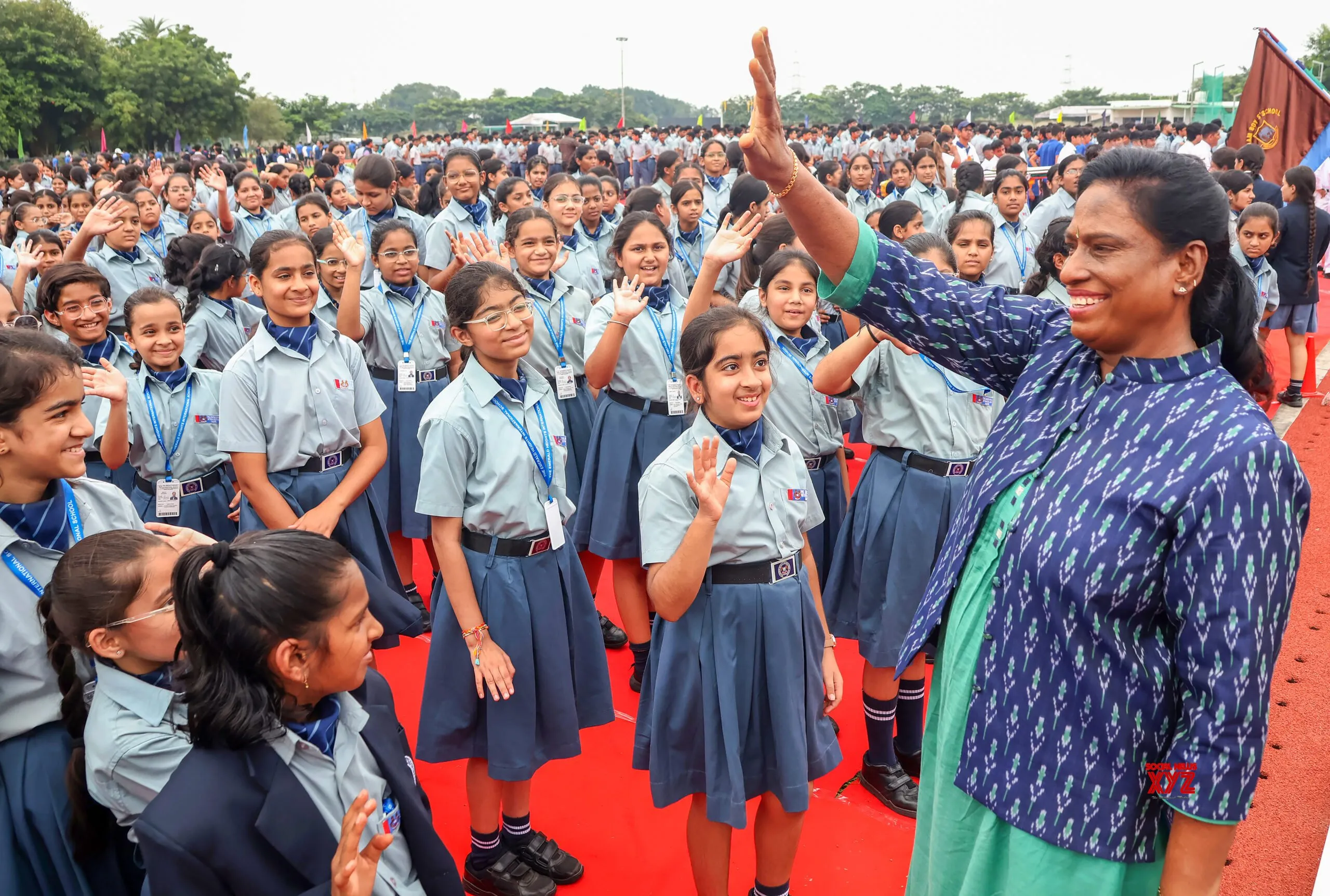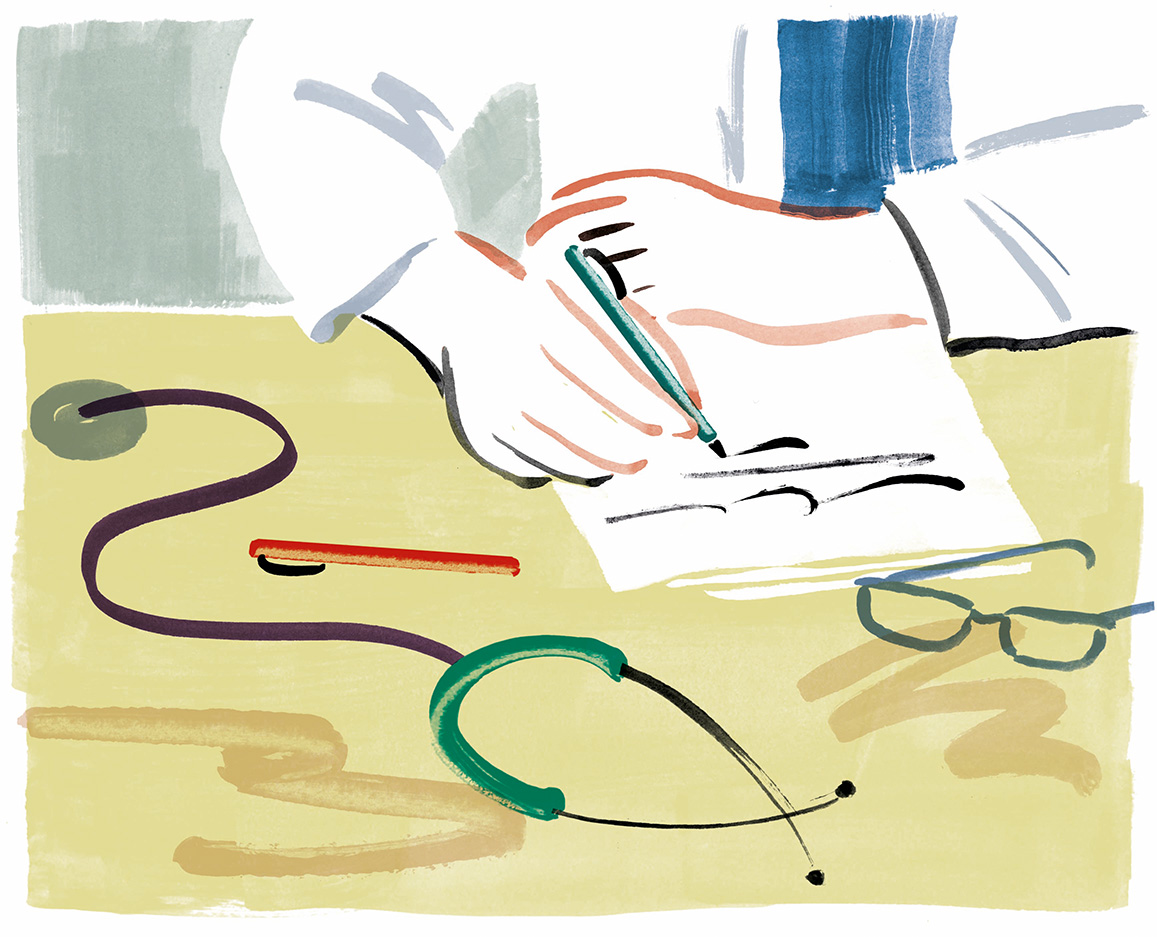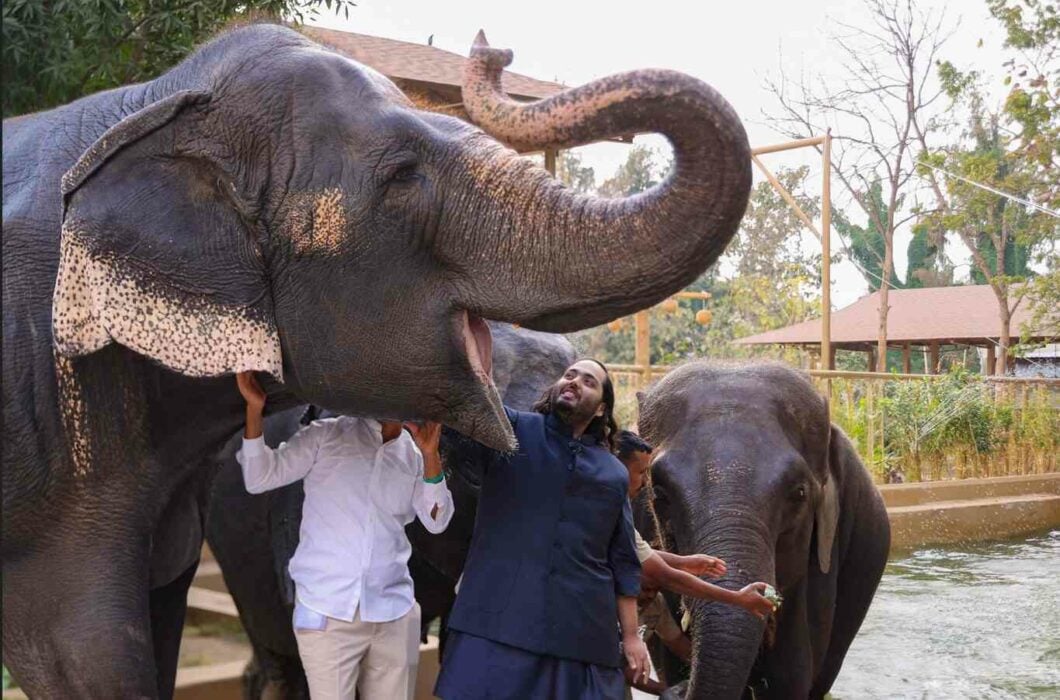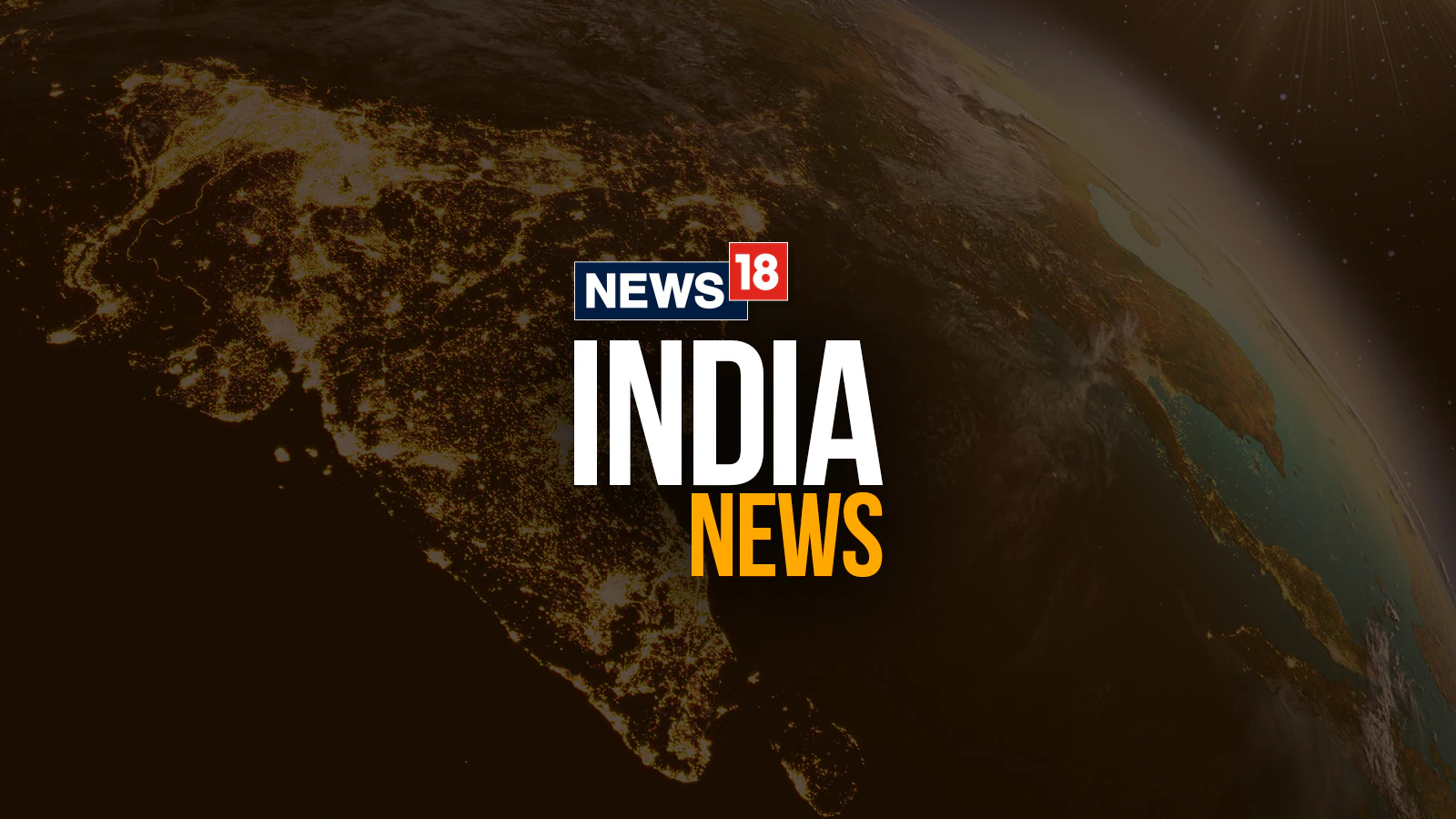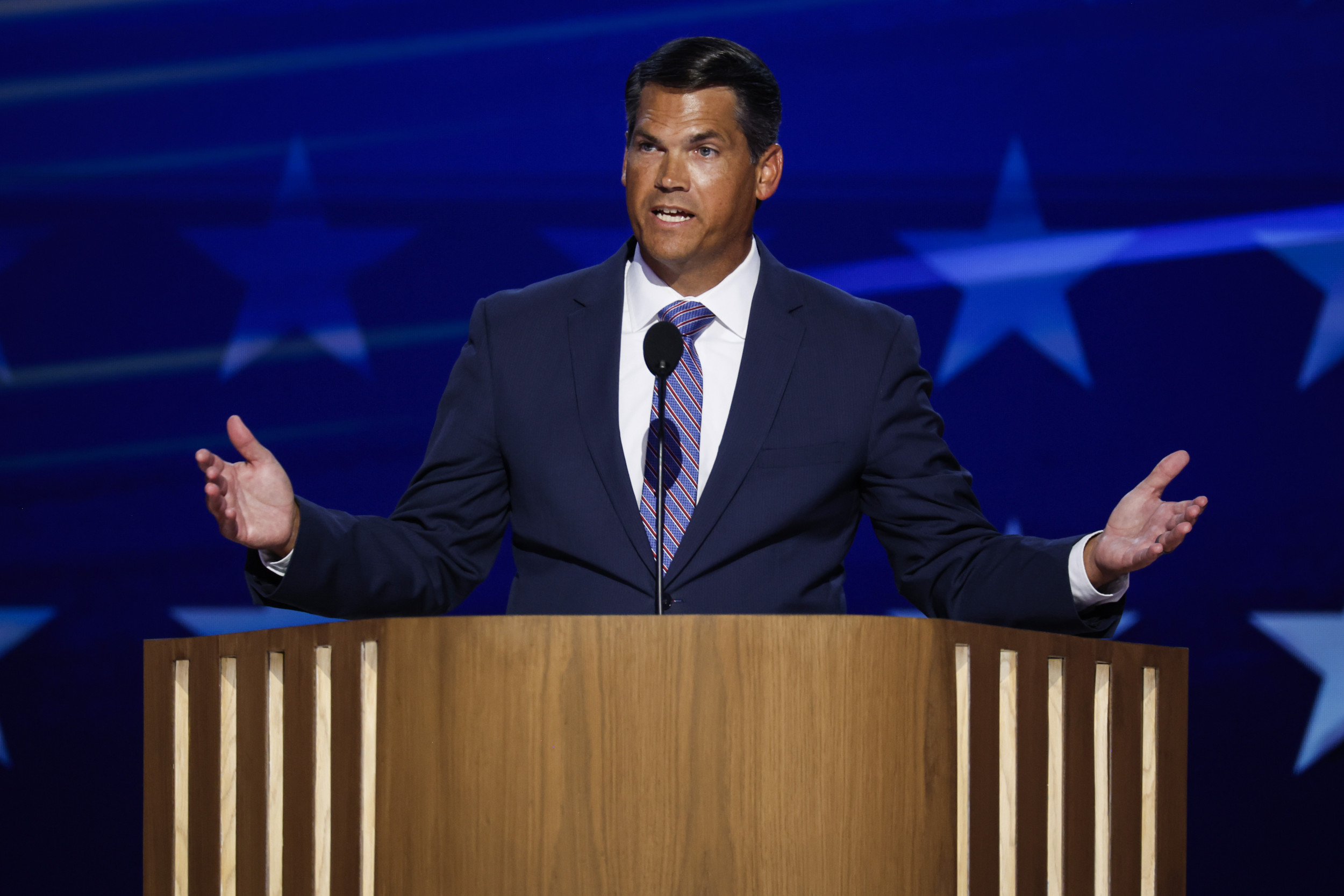
Former Georgia Lieutenant Governor Geoff Duncan jumped into the state’s gubernatorial race on Tuesday, just about a month after formally becoming a Democrat.
Newsweek reached out to Duncan’s campaign via email for comment.
Why It Matters
Democrats are hoping a blue wave, fueled by President Donald Trump’s declining approval rating, could give them a strong chance of winning the Georgia gubernatorial race next November.
Georgia has become one of the nation’s most closely divided battlegrounds, but Republicans have still won recent gubernatorial races, in part due to incumbent Governor Brian Kemp’s strong approval rating in the state.
Duncan, a former Republican who criticized the party following the January 6, 2021 riot at the U.S. Capitol and other efforts at overturning the 2020 election results, is casting himself as a strong candidate who can battle extremism and lead the state; however, it’s yet to be seen whether Democratic primary voters will be convinced of his candidacy—a question experts told Newsweek will be a key test for him.
What To Know
Duncan announced his gubernatorial campaign on Tuesday.
“I’m running for governor to put Georgians in the best position to once again love their neighbors and to make Georgia the frontline of democracy and backstop against extremism,” he said. “We need to push back, and we need to win.”
He addressed his exit from the Republican Party in his campaign launch video, posted to X, saying that he was expelled from the party due to his lack of support for Trump, but that he was “leaving anyway.”
No polling has been made public on the race at this point, but both parties view it as competitive, and high-profile candidates for both parties are running. The Cook Political Report, which monitors elections nationwide, classifies the race as a pure toss-up.
Duncan will face a key challenge in winning the primary, when many Democratic voters may be skeptical of his party switch, Dr. Andra Gillespie, a professor of political science at Emory University, told Newsweek.
“While there are people who have admired and respected his willingness to stand up to his former party, I don’t think that necessarily translates in them being willing to vote for him,” Gillespie said. “Especially when there are other candidates who have names and have track records running for the Democratic nomination.”
Duncan will need to contend with the fact that he will be running against a field of people of color in a state with a Democratic primary electorate comprised mostly of Black voters, she said. Given the recentness of his party switch, he has not had the opportunity to establish coalitions within the party, so people will want to see how he will behave as a Democrat, beyond just opposing Trump.
“Until he has an opportunity to demonstrate that, I suspect that there will be some resistance,” she said.
Dr. William Hatcher, chair and professor of social sciences at Augusta University, told Newsweek that he believes Duncan has the potential to be a strong candidate, given that he has already won statewide.
“While being a former Republican will most likely hurt him with some voters in a Democratic primary, the Democrats have had a history in the state of being more practical than the party in other states when it comes to picking candidates in their primary contests,” he said.
Duncan may be able to use growing Democratic support in Atlanta suburbs to “put together a strong campaign,” Hatcher said.
Meanwhile, Dr. Kerwin Swint, a professor of political science at Kennesaw State University, cast doubt on his ability to win the Democratic primary.
“I am not at all sure the Democrats are looking for a warmed-over Republican as their standard-bearer in Georgia. Party switchers in general do not have a record of success in most cases. One would think that Keisha Lance Bottoms will have a good bit of national money and support going for her on the Democratic side,” he told Newsweek.
Kemp’s turnout data and machine will give a Republican candidate an edge in the general, but it’s still likely to be competitive, he said.
“Much of it may be subject to national political winds next year, along with the direction of the economy. And as always, one thing to watch will be the Democrats Metro Atlanta stronghold versus the Republicans rural stronghold in terms of turnout,” he said.
In an interview with The Atlanta Journal-Constitution, Duncan addressed some potential questions Democrats may have. For instance, he said he “got it wrong” on his past support for the state’s abortion ban and that he is “with the 90% of Americans that want to see universal background checks” on firearms.
Duncan endorsed former Vice President Kamala Harris in 2024. He officially announced his party switch in an August 5 opinion piece in the Journal-Constitution.
On the Republican side, current Georgia Lieutenant Governor Burt Jones and Attorney General Chris Carr are running for the governor’s office. Trump has endorsed Jones.
What People Are Saying
Dr. Andra Gillespie told Newsweek: “What Democrats are hoping is that they can ride an anti-Republican wave into picking up some seats, like this seat. I think that will be really hard in Georgia. So, there are some crosswinds that I think Democrats have to contend with.
“The biggest one is that there are more Republicans than there are Democrats, so in order for that to work in Democrats’ favor in 2026, the Republican nominee has to be incredibly compromised, and the Democrats have to put forth a superior mobilization operation. I think we have to wait and see. I don’t think it’s a foregone conclusion that if there is a national wave, Georgia Democrats are going to be able to ride it.”
Democratic Georgia State Senator Jason Esteves, who is also running for governor, on X: “A new candidate just jumped into the race for Georgia governor. This is the same person who helped pass Georgia’s abortion ban — a law that has already cost women their lives and put families at risk. Georgia can’t afford more of the same failed leadership. When I’m governor, I’ll reverse this horrific ban and restore women’s reproductive rights — full stop.”
Journalist Zaid Jilan, on X: “The best candidate for the Georgia Dems in the governors race would have three qualities: 1) Appeal outside Atlanta 2) Can boost black turnout beyond abysmal 2024 3) Clear and compelling platform and record I think Geoff Duncan is 0 for 3.”
Author Michael Grunwald, on X: “Disgusted former Republicans like @GeoffDuncan and @davidjollyfl seem like a promising model for Democrats to be relevant in tough states.”
What Happens Next
Candidates will spend the coming months making their pitches to voters about why they are the strongest candidate to lead the state. The primary is set for May 19, 2026. If no candidate received a majority, a runoff will be held on June 16, 2026.
